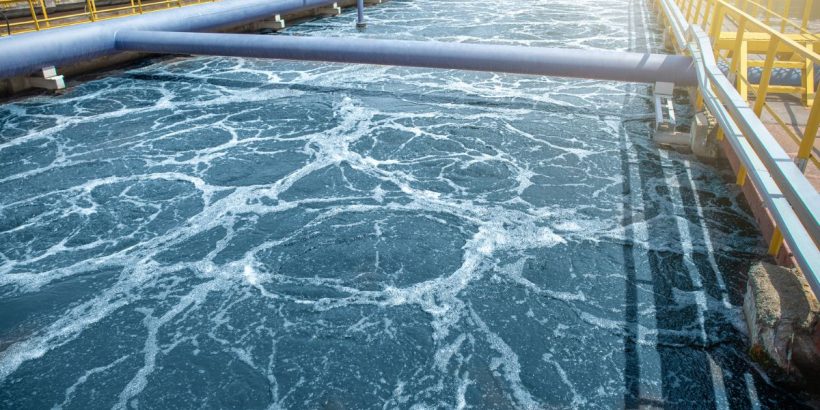
In 2014, the community of Flint, Michigan, made national headlines when their town’s water supply was found to contain unsafe levels of lead. This crisis went on for five years and led to widespread protest and increased awareness of the dangers of water contamination.
Flint is not an isolated incident, and another crisis is possible. Knowing how to prevent water contamination in our communities will help avoid a similar situation.
Protect Community Pipe Systems
The systems designed to deliver clean water to homes and remove harmful waste often cause water contamination. For example, water main breaks often result in many health concerns, including contaminated water. Corroded or lead pipes can also contaminate the water they distribute.
Learning how to stop water contamination in our communities starts with learning to protect our community’s pipes. This includes preventing water main breaks by requiring permits for major digging projects and mandating regular inspection of community pipes. This is especially important in older neighborhoods that are more likely to have lead pipes.
Reduce the Use of Pesticides
One of the most significant contributors to water pollution is runoff from farms and other agricultural sites. Much of this comes from animal waste; however, just as much comes from fertilizers and pesticides. When these compounds enter waterways, their effects are often not noticed immediately. However, consuming trace amounts of pesticides over time can lead to long-term chronic health problems.
Reducing the chemicals in waterways starts with ensuring proper nutrient management, such as not using more pesticides and fertilizer than necessary. You can reduce the number of pesticides in waterways by planting conservation buffers near shorelines. You can also restrict your livestock’s access to any by streams to prevent them from tracking manure and fertilizer into the water.
Cutting Back on Meat
Not all agricultural runoff comes from pesticides. Much of it comes from animal waste from farms with a high concentration of livestock. Reducing consumption of red meat or switching to a vegetarian diet may help reduce water contamination.
Watch What Goes Down the Drain
Protecting our community’s waterways is part of the responsibility of community leaders, but the average citizen can also help by being mindful of how they use their home’s plumbing. This includes only putting water and waste down sink pipes or flushing them down the toilet.
Below is a list of items that should not be flushed down pipes:
- Baby wipes
- Diapers
- Sanitary products
- Q-tips
- Kitchen grease
- Medication
- Household chemicals
- Motor oil
You can also reduce contamination by avoiding using your garbage disposal when possible and opting instead to compost food waste.
Protect Other Drains
Storm drains in the street or curbs often empty directly into local waterways. When people dump materials like waste, garbage, or motor oil directly into storm drains, it can lead to contamination. Contact your community for safer options for disposing of waste.
